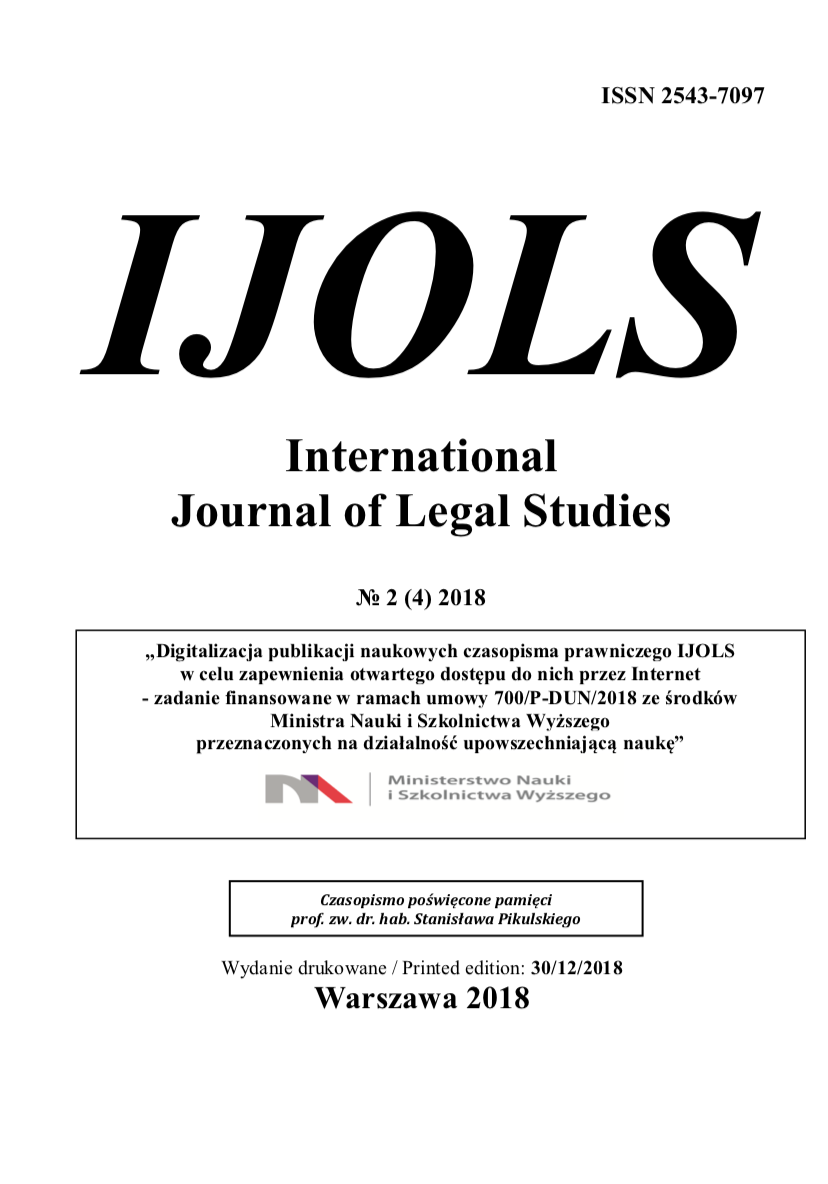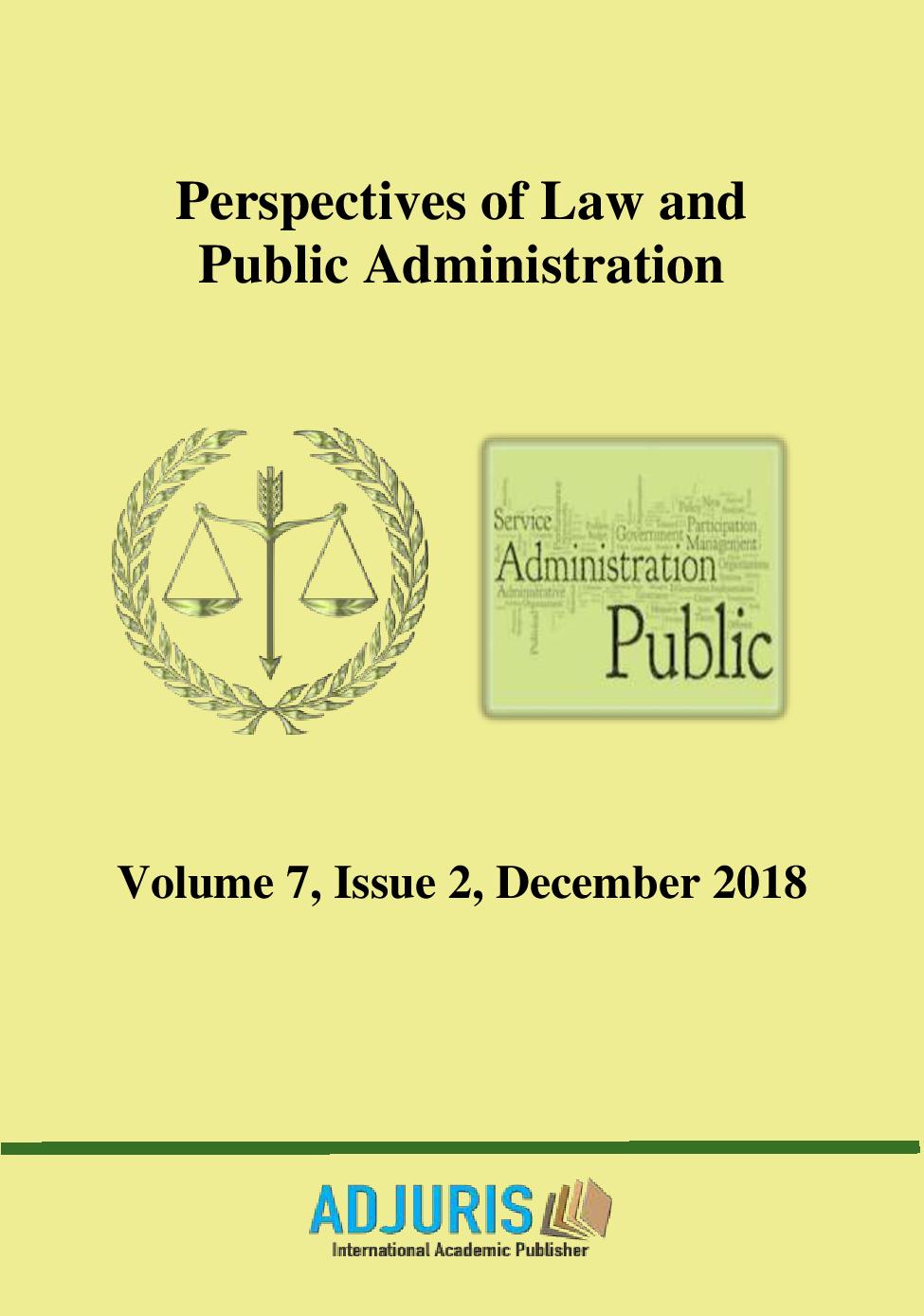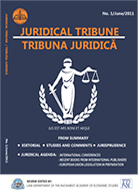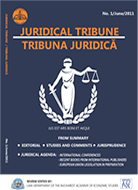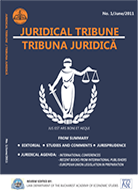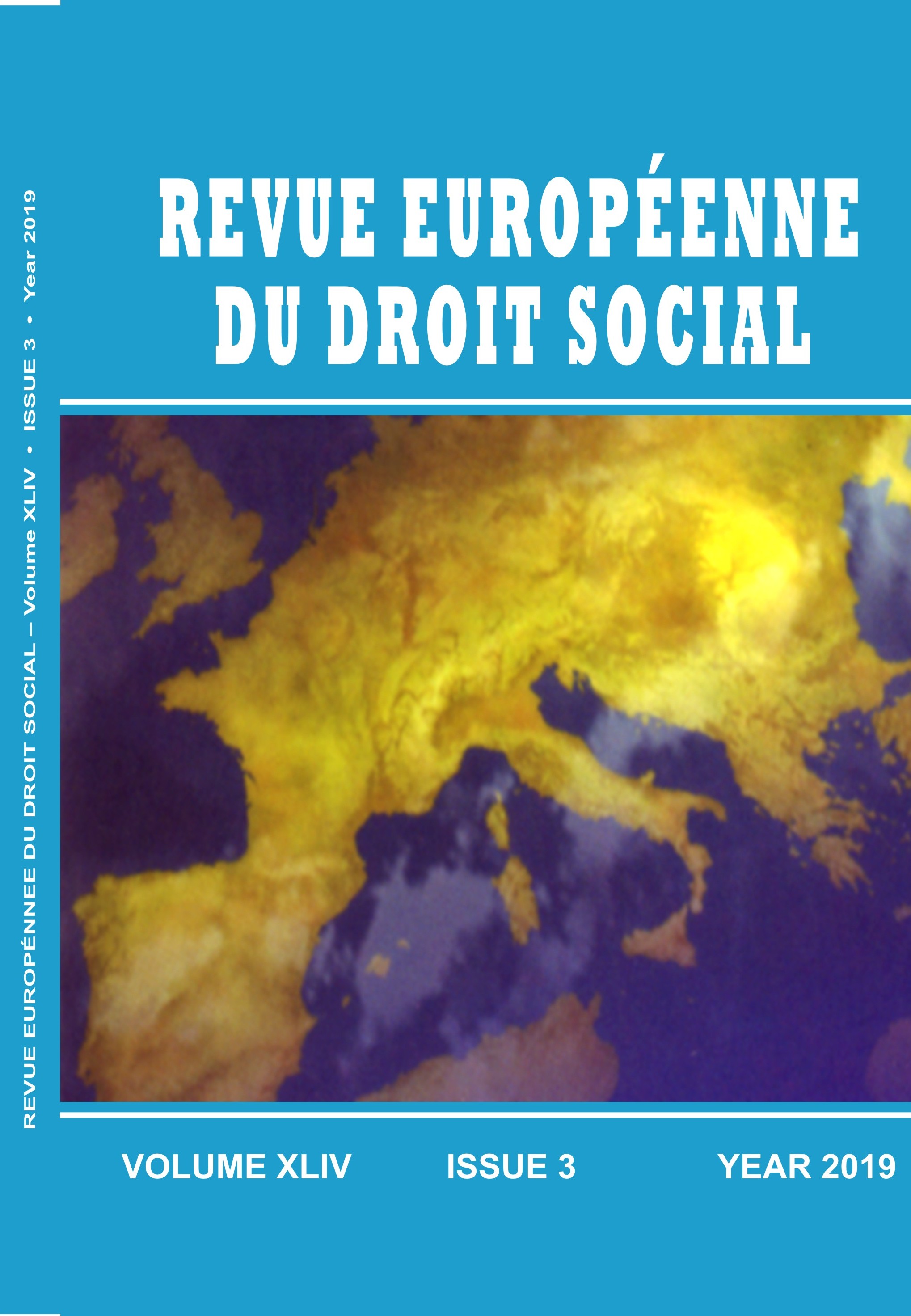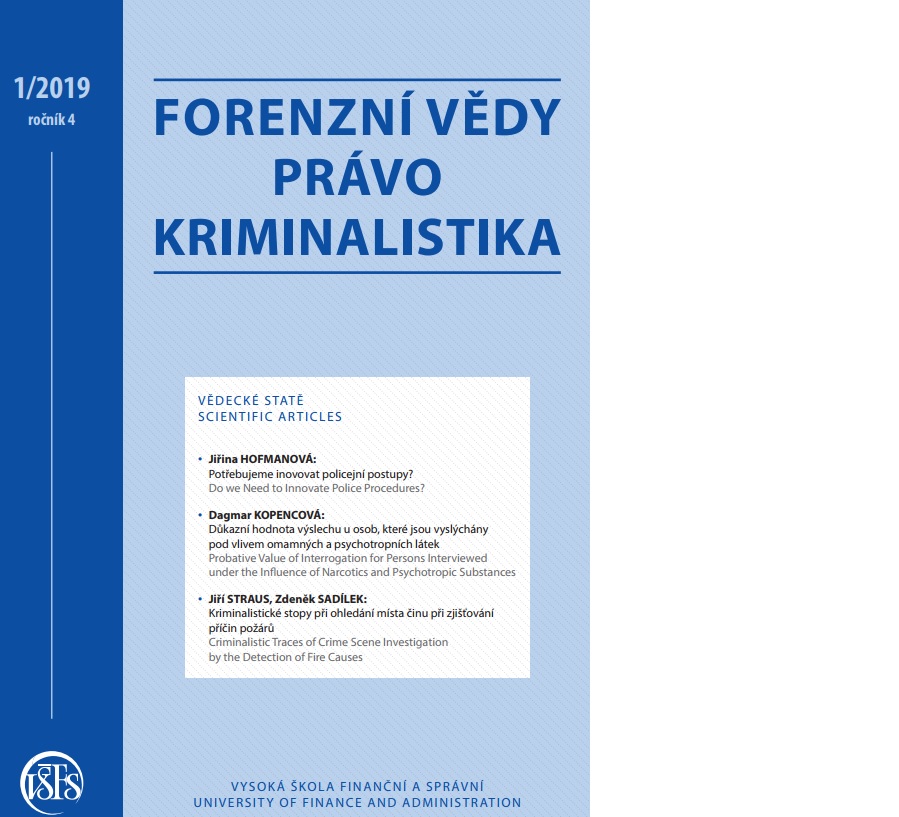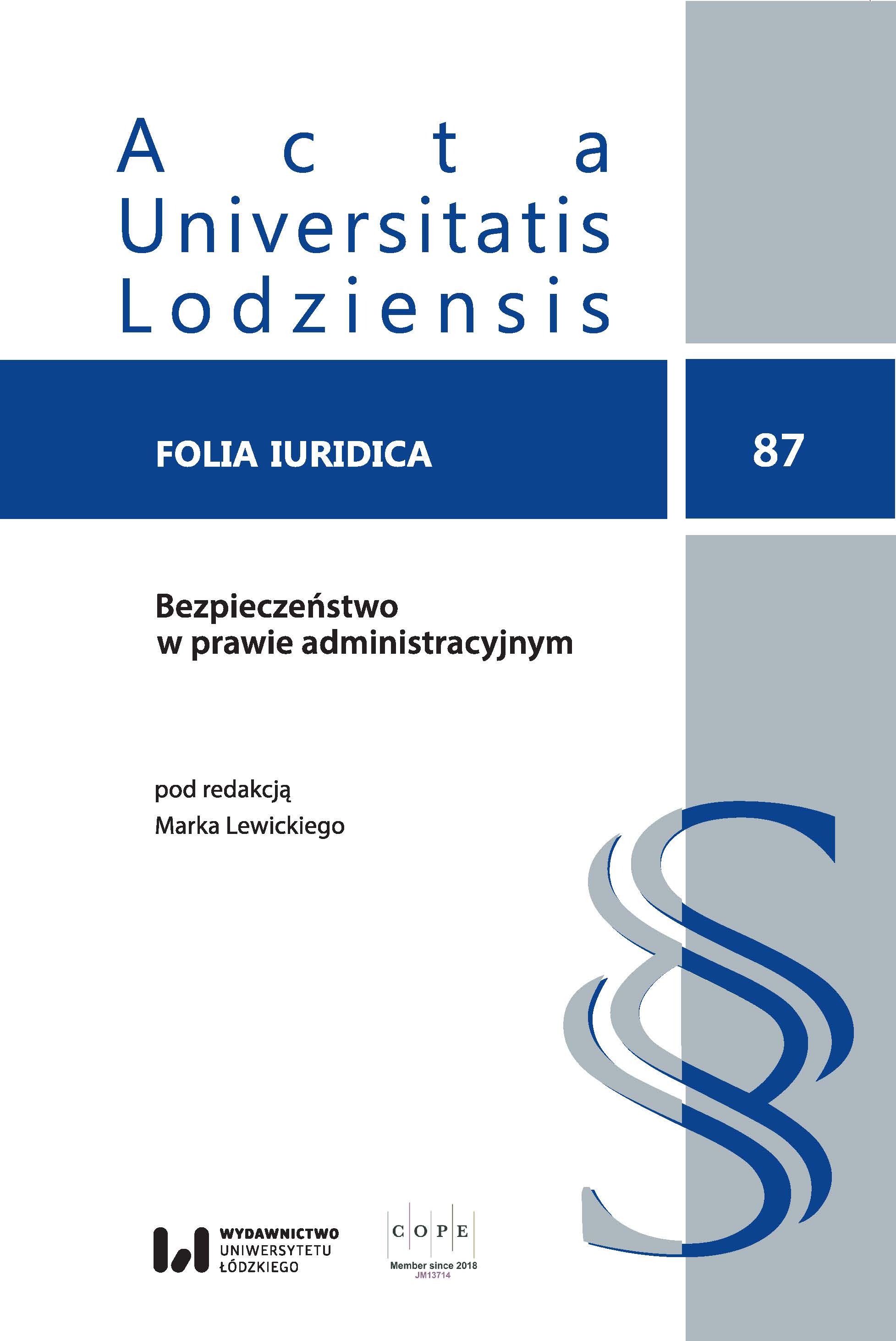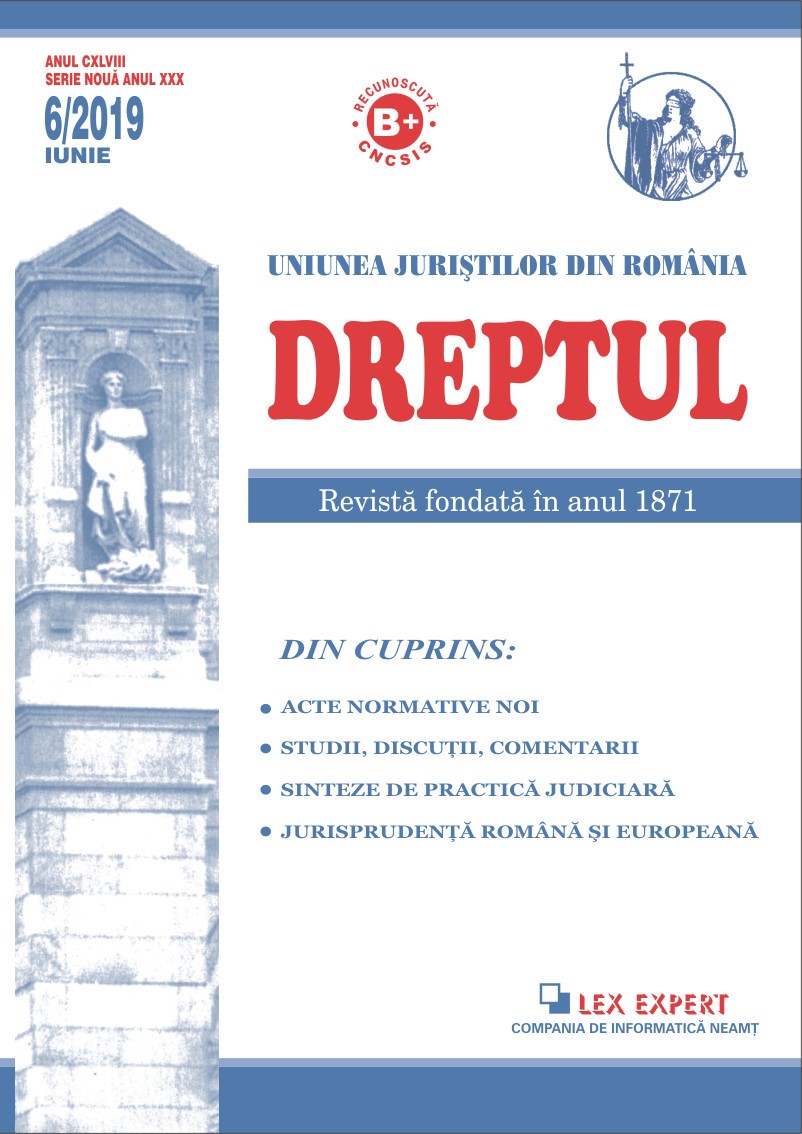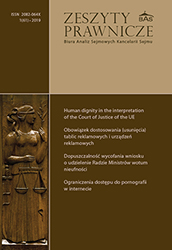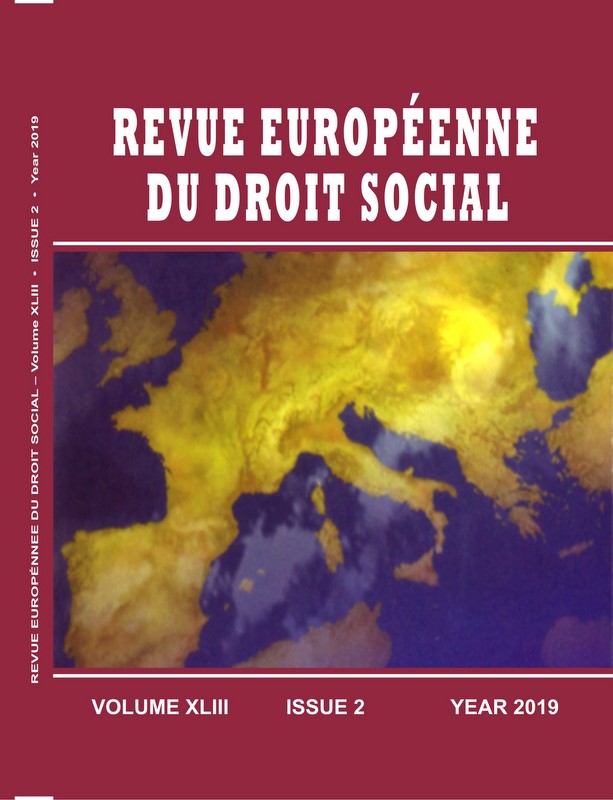
LE NOUVEL ARRÊT DE LA CEDH (AFFAIRE LIBERT VERSUS FRANCE) SUR LE CONTRÔLE DE L’EMPLOYEUR ET LA VIE PRIVÉE DU SALARIE: APPROCHE CRITIQUE
This article analyses the recent ECHR doctrine (2018) concerning the employer control of computer files created by the employee on the company's computer and its limitations in relation to the employee's fundamental right to privacy. From a critical point of view, two things stand out: on the one hand, that after the Barbulescu II case (2017), there is no clear impact on the obligation of companies to inform employees about this control and, on the other hand, the grammatical argument used by the European Court to validate the employer control. At this stage, it is rejected that the designation of "personal" data is enough to indicate the private nature of the computer file created by the employee, since he should have used the term "private".
More...
